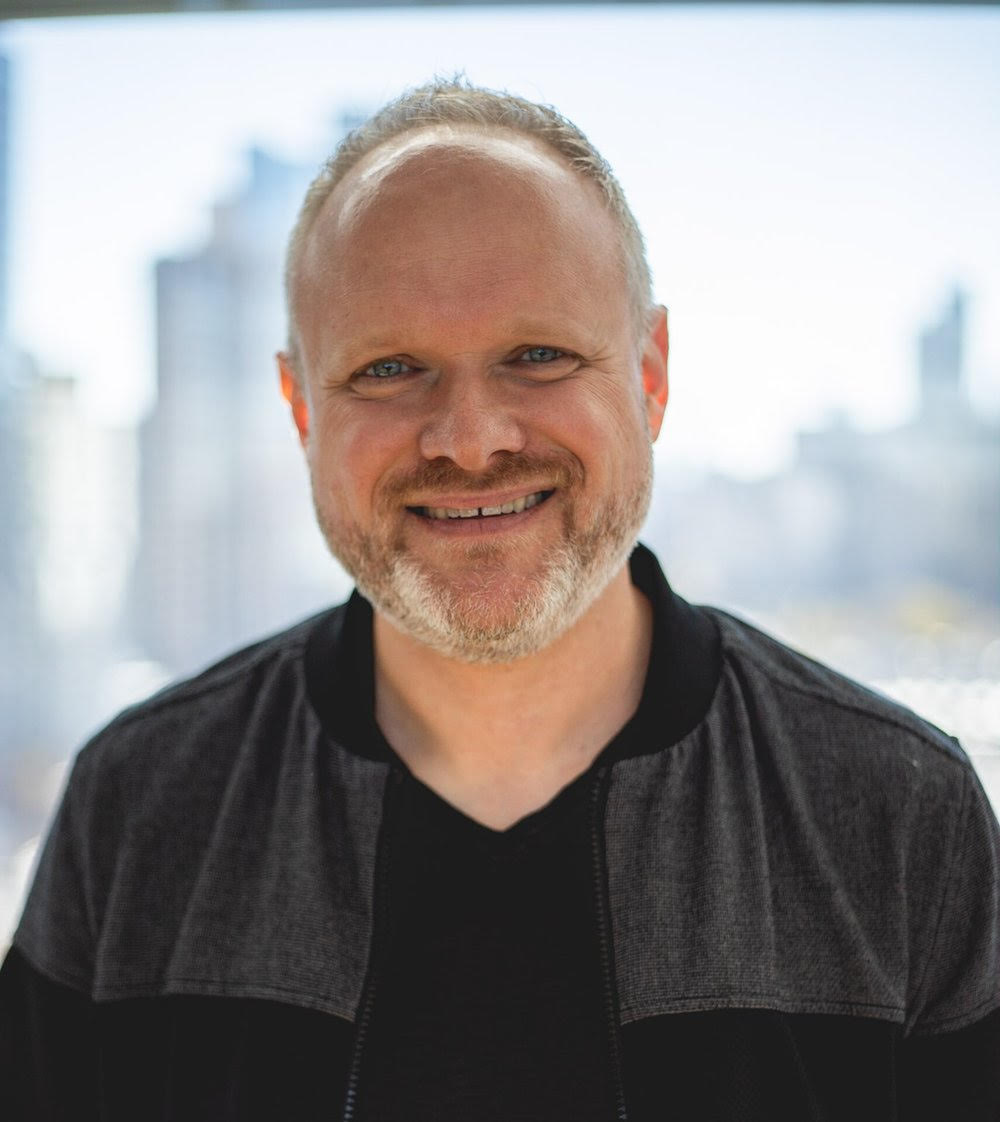This article is the first in a series exploring spiritual entrepreneurship and personal and organizational resilience.
I am a church planter. This is often what I will tell people I meet on the streets of Manhattan when they ask why I am here in New York City. Church planter? I explain that my family and I moved here from Dallas, Texas, to start a new church in the Upper East Side neighborhood of Manhattan.
Almost perplexed, they will always ask me how we did that. How do you start something like a church in one of the most fast-paced and densely-populated cities in the world? One New Yorker told me that it sounds like I am starting a “business” in a place where there is no “market demand” for that particular business.
Yes, and isn’t this so often the case with spiritual entrepreneurship? We start a new church, synagogue, or non-profit ministry because we believe wholeheartedly that it is exactly what the people and the community need and desire — even if they do not yet realize they desire it. So, in 2015, my wife Jenn and I, both ordained pastors, sensed God was calling us to move to New York City to start a new church. Nine years later, Resurrection Life NYC is in its eighth year, and we have had the opportunity to minister to hundreds of people and serve our community in amazing ways.
Church planting is the process of starting and establishing a new church. Planting a new church has been, by far, the most difficult endeavor we have ever undertaken. Among other things, it requires high levels of resilience. One Manhattan church planter I spoke with had been in the city for ten years. He said it feels like he is in the tenth round of a heavy-weight prize fight. Church planting in a place like Manhattan is not for the faint of heart. However, we have had the opportunity to connect with hundreds of people through our years of ministry, and we have even trained and sent out other pastors from Resurrection Life NYC to start new churches in various parts of the city.
Psalm 92:12 says, “The righteous will flourish like a palm tree; they will grow like a cedar of Lebanon.” This verse strikes me because it speaks not only of surviving but of thriving. Flourishing. Having strength like a cedar tree. How can spiritual entrepreneurs thrive while starting something difficult? How can new organizations thrive and not merely survive? How do we start resilient organizations and become resilient leaders?
First, let’s define resilience. The American Psychological Association defines resilience as “The process of adapting well in the face of adversity, trauma, threats, or significant sources of stress.” The term has its origins in math and science. A metal is resilient if it can retain its shape after undergoing significant stress. Andrew Zolli and Anne Marie Healy, in their book Resilience: Why Things Bounce Back, say that general resilience is “the capacity of a system, enterprise, or a person to maintain its core purpose and integrity in the face of dramatically changed circumstances.”
So, what about resilience for spiritual leaders? How is spiritual resilience different from these general definitions? One definition of spiritual resilience is “The capacity, when faced with adversity, to cope using religious resources” (Mark Searby and Lyle Dorsett, The Resilient Pastor). Justine Allain-Chapman, in Resilient Pastors: The Role of Adversity in Healing and Growth, defines resilience as “the ability to overcome adversity and maintain effective living and leading while experiencing growth.”
One thing I know for a fact is that we will all face adversity in life. We would not be talking about resilience if not for the inevitability of adversity. So, how can we learn to expect adversity, and how can we experience growth as we learn to face and adapt? Experts call our ability to grow in the face of adversity our adaptive capacity. Every system must have adaptive capacity, or it will not survive, let alone thrive, in adversity.
One of my favorite examples from Scripture is the story of Joseph, the wide-eyed dreamer and great-grandson of Abraham. He was sold into slavery by his brothers because of their jealousy and taken to Egypt. He is sold into Potiphar’s house, where he thrives, even after being separated from his family. Eventually, Joseph is betrayed by his new household and thrown into prison after being falsely accused. Trusting in God, Joseph’s resilience is evident in captivity, as he interprets two dreams with God’s help. The second dream belonged to Pharaoh. Impressed, Pharaoh makes Joseph his chief minister, and Joseph, through his leadership, helps save the nation from famine.
What I love about this story is not only how Joseph overcame the adversity in his life, but his attitude toward adversity. After being reunited with his brothers, Joseph tells them, “You intended to harm me, but God intended it for good to accomplish what is now being done, the saving of many lives” (Genesis 50:20).
Spiritual entrepreneurs see adversity differently than the rest of the world. When the world cannot imagine how good can come from the setbacks of life, we see time and time again through Scripture how God uses the setbacks of life to bring good. As spiritual entrepreneurs, we can see the pain, suffering, and adversity as a benefit.


